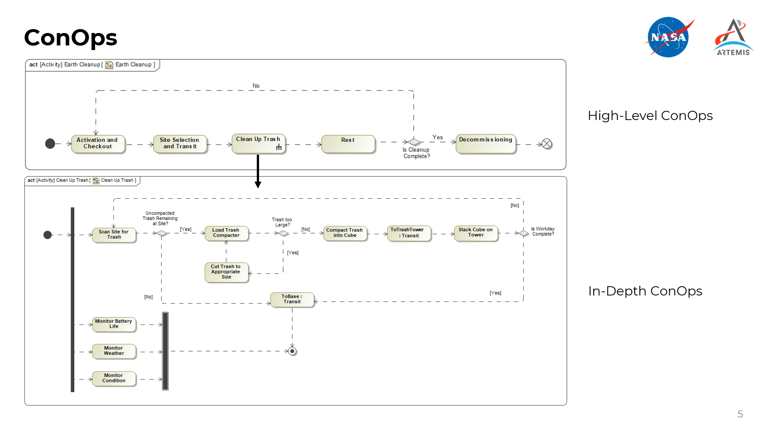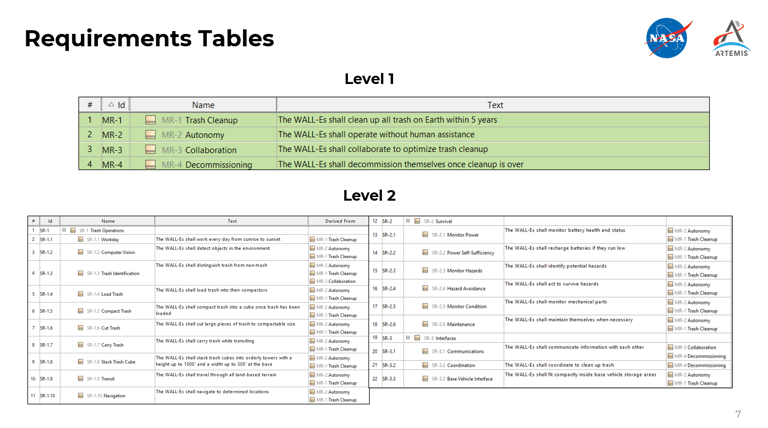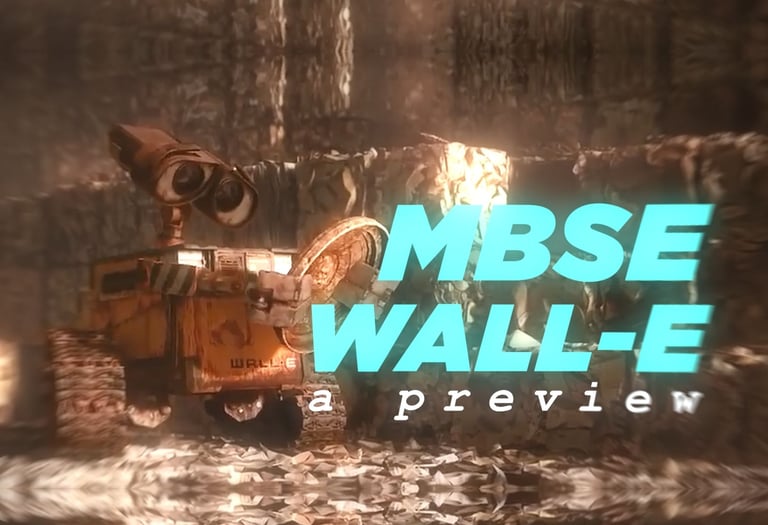Backstory
It was May 15, 2023. The semester was over and I was off in Honduras on a service trip. After dinner, I open up my email, and there it was - the offer letter. Just a few weeks later, I was in Huntsville, Alabama, ready to start my first internship.
Internship
My primary role as an intern with MSFC-ES13 (Marshall Space Flight Center, Systems Engineering Branch) was to work on Systems Engineering Knowledge Capture. You see, NASA as a whole was transitioning from document-based to model-based systems engineering (MBSE). So my job was to help with this transition by creating tutorials to teach engineers MBSE.
To start, I had to first learn systems engineering (SE) myself. So I read through materials such as the NASA SE Handbook, watched some old videos, and took one of ES13's SE "Down & Dirty" training classes. All of this, with guidance from my mentor, Karen Hicks, and various other engineers in the branch.
I learned about MBSE and MagicDraw - the software that is used to create the "models" of MBSE. Before long, I was making my own diagrams in MagicDraw and refining them with the help of Jeff Wilson, MBSE SME (subject matter expert).
For my tutorial example, I decided to have a little fun and go with WALL-E. So with Jeff's help, I modeled a couple of ConOps and Requirements diagrams for our lovable trash-compacting robot. And then, we filmed two 20-minute tutorials, where Jeff would walk through the modeling process and explain all the intricacies of MBSE and MagicDraw.
At the same time, I also got to do some work with my awesome officemate & senior systems engineer, Ricky Pickett. From co-authoring the EPEM (electrical power and energy management) tailoring guidance document, to writing a ConOps for an ESPA-compatible spacecraft bus, to sitting in on MPH (Multi-Purpose Habitat) meetings, it was all a fantastic learning experience.
LinkedIn post with a preview of my tutorial videos
In the end, what I realized is that even though the documentation that they do can be quite tedious (sometimes overly so), at its core, systems engineers play a vital role in the success of a project. They see the big picture, and in doing so can make sure that everything comes together smoothly - so that not only is the system built correctly, but the correct system is built.




Some of the example MagicDraw diagrams that I modeled


